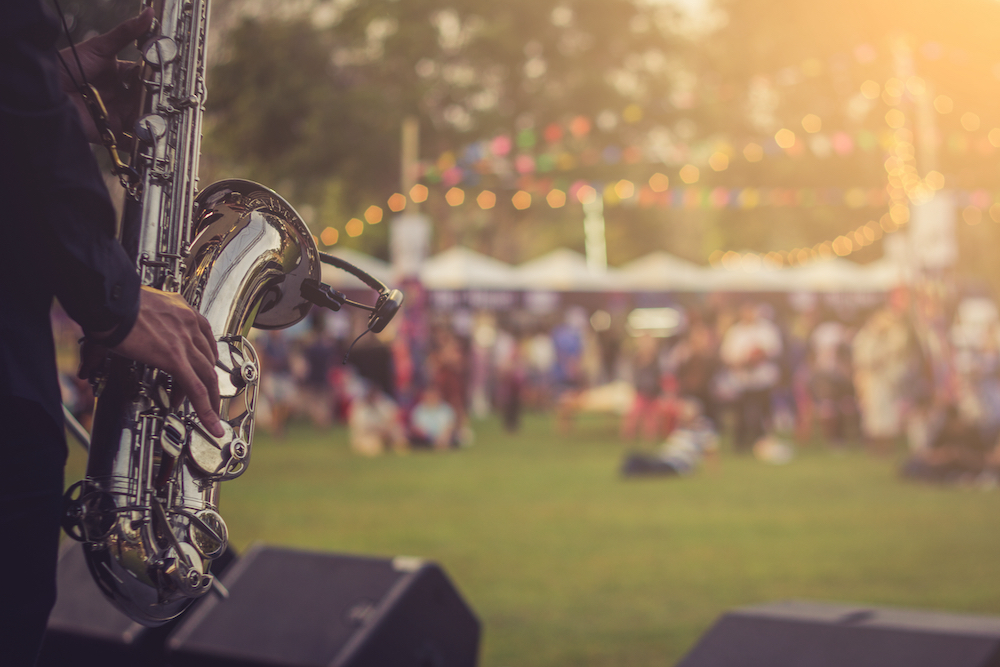Why Does Hearing Loss Often Go Unnoticed?
Admitting you have hearing loss feels a lot like admitting you’re
What You Should Know About the Risks of Over-The-Counter Hearing Aids CLICK HERE →


Admitting you have hearing loss feels a lot like admitting you’re

Beach trips can make hearing aid wearers nervous, and for good reason.

When you need hearing aids, you need them to work reliably every day. They